Noting that it is in Germany's strategic interest to preserve local steel production, Merz stated he is in consultations with other steel producing regions on this issue.
Germany's steel industry faces major structural challenges, including intense competition from China, high energy costs and tariffs imposed by the United States. To support the sector, the Finance Ministry stated that it was "working on competitive framework conditions" and "promoting the transition to climate-friendly production".
However, Germany's goal of producing carbon-free steel with green hydrogen was dealt a serious blow when steel giant ArcelorMittal suspended plans for climate-friendly conversion at two of its plants. This development has highlighted the difficulties in the green transformation process.
Deputy Chancellor and Finance Minister Lars Klingbeil has called for a “steel summit”, stating that green steel is critical to Germany's industrial base. Klingbeil, who is currently in the US, told Deutschlandfunk that steel tariffs will be a key agenda item in talks with the US. The exclusion of steel tariffs from the recently signed trade agreement between the EU and the US remains a major sticking point for Germany. Merz stated that negotiations are ongoing on quotas that would allow exports to be carried out without excessive tariffs.
Sabine Nallinger, President of the CEO Alliance for Climate and Economy, stated that the German government should quickly introduce binding climate criteria in public procurement to increase the use of climate-friendly industrial products such as green steel and cement.
These developments, which show that Germany is at a decisive turning point in terms of its industrial future and climate goals, once again reveal the importance of the steps that the Berlin administration will take towards green industrial policies in the coming months.


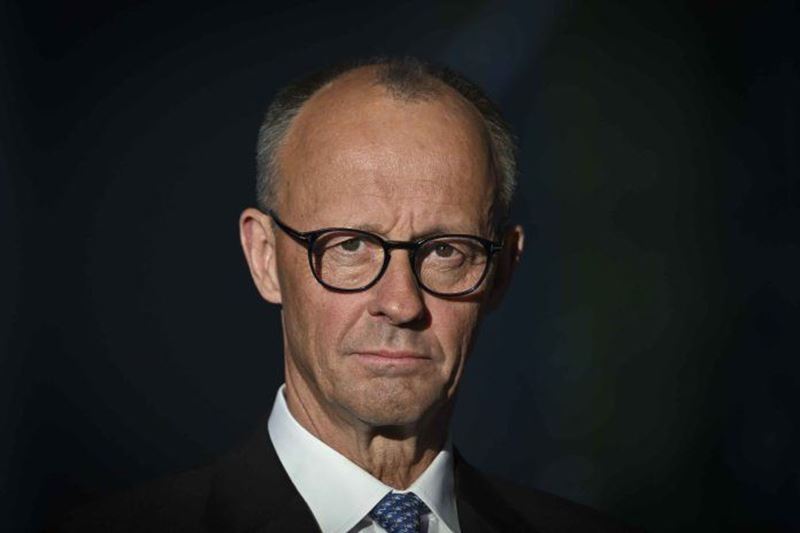
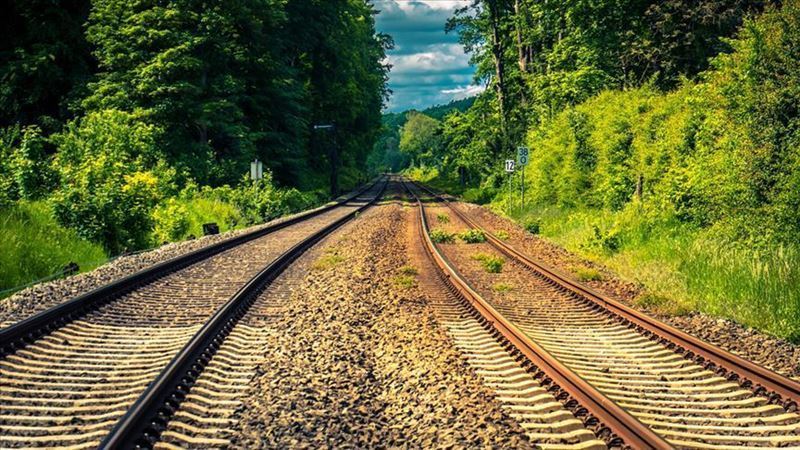
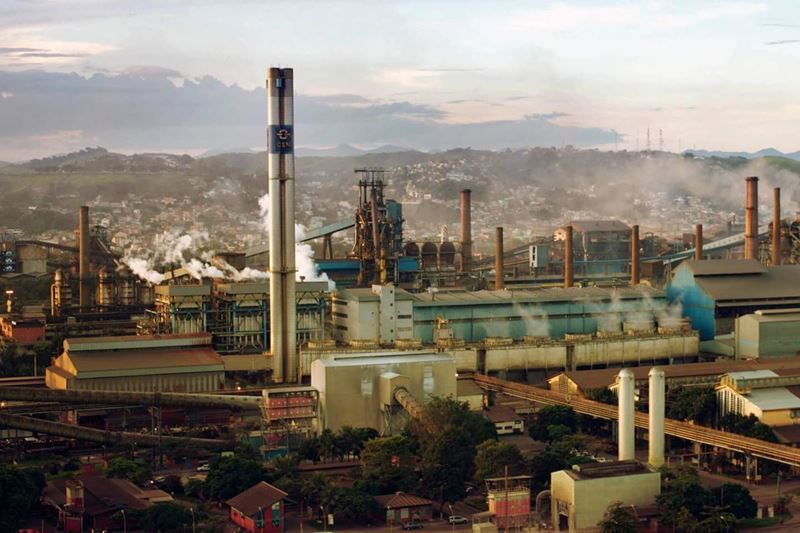
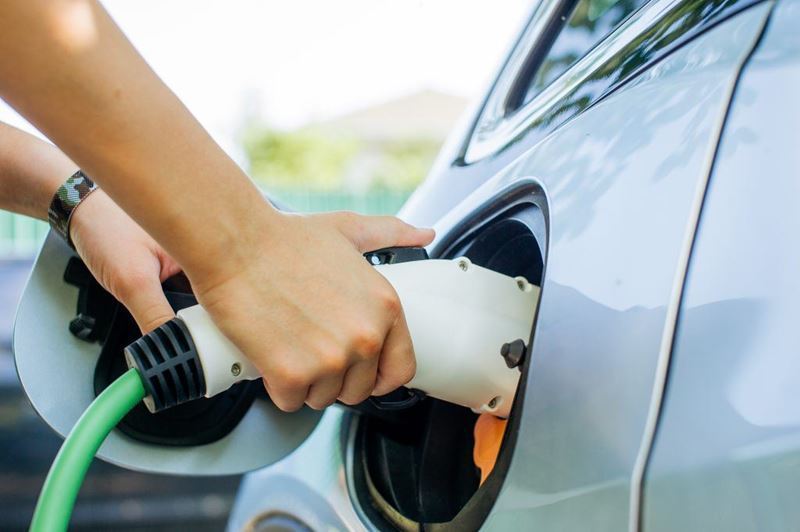
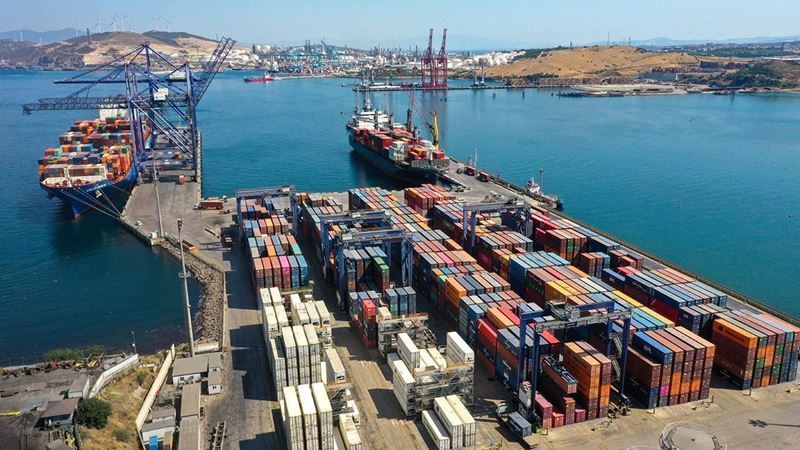
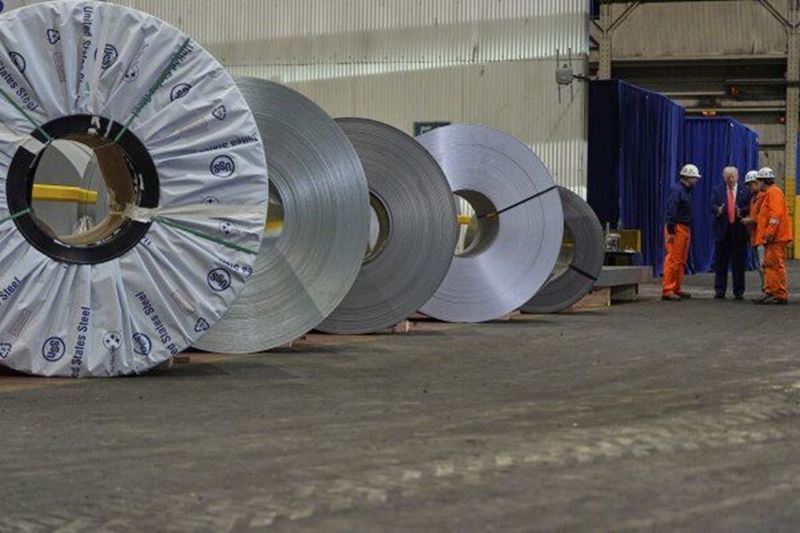


Comments
No comment yet.